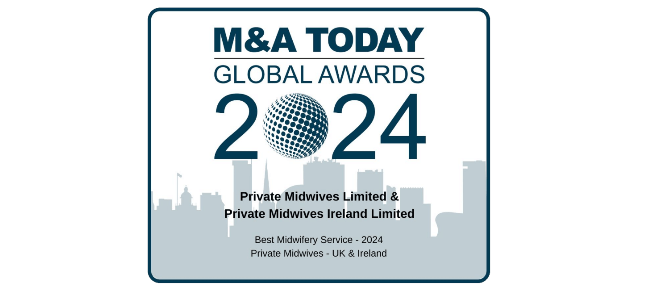Continuing with a series of blogs here at Private Midwives on preparation tips for your birth and beyond here we are discussing hypnotherapy.
Hypnosis is “a state of deep physical relaxation with an alert mind producing alpha waves, in which the subconscious mind can be more readily accessed” ( Mantle 2000 ) Hypnosis used for childbirth is almost always self-hypnosis: the hypnotherapist teaches the woman to induce the hypnotic state in herself during labour.
Common hypnotic pain relief techniques are “glove anesthesia,” in which the woman imagines that her hand is numb and that it can spread numbness to other areas by placing her hand on painful areas; “time distortion,” which enables the woman to perceive the time between painful contractions as longer and the painful period as shorter than it really is; and “imaginative transformation,” in which the pain is interpreted as benign and acceptable, and contractions are seen as surges of energy that cause only a light pressure sensation (Ketterhagen 2002)
I will relax and my birth will be a safe simple and exciting event!
Ok I am here to tell you that you can achieve this state of relaxation. You have to listen daily to a relaxation CD training your body to relax and filling your mind with positive thoughts.
You have to work at it practice over and over listening to positive affirmations This helps occupy our cognitive brain in labour the part we need to prevent from making us fearful .
To help you relax then you can close your eyes and think of a wonderful scene such as lying under a palm tree on a tropical island with the dappled sunlight filtering through the leaves helping you to feel warm and relaxed. You can hear the waves lapping up the shore and they make a soft relaxing sound and you can smell the fragrance of the Jasmine blossoms…
Hypnosis has been shown to be an effective technique for managing labour pain and enhancing maternal satisfaction during childbirth. It is also associated with a significant reduction in requests for opiate drugs in labour as well as epidural anesthesia. (Smith et al 2006)
Hypnosis was consistently found superior to all the control conditions in reducing pain, and also shortening labour and improving Apgar scores. (Landolt 2011)
There are no apparent risks to the use of hypnosis for childbirth. One drawback is that it is a more effective the more that it is practised and with women working almost up to their birth it means the preparation work has to start well before your Maternity leave.
To recap, for birth to proceed optimally, the middle brain must take precedence over the neocortex (forebrain/rational brain). Through hypnotherapy practice and with an atmosphere of quiet and privacy, this shift in consciousness from neocortex to middle brain can be achieved.
Hormonal balance is essential for birth to proceed smoothly and hypnotherapy restores hormonal balance. The “love hormone” is involved in every aspect of birth and lactation, in deed every facet of love involves “love hormone”. It induces maternal behaviour in the hour following birth and enhances our capacity to love self and others.




You must be logged in to post a comment.